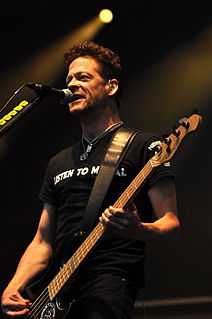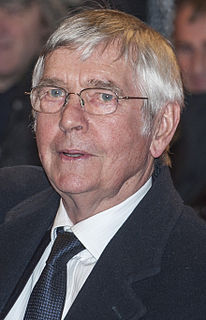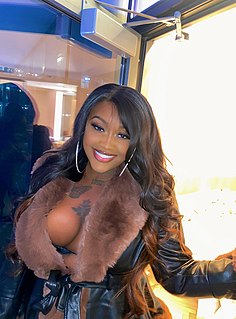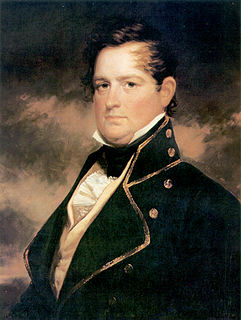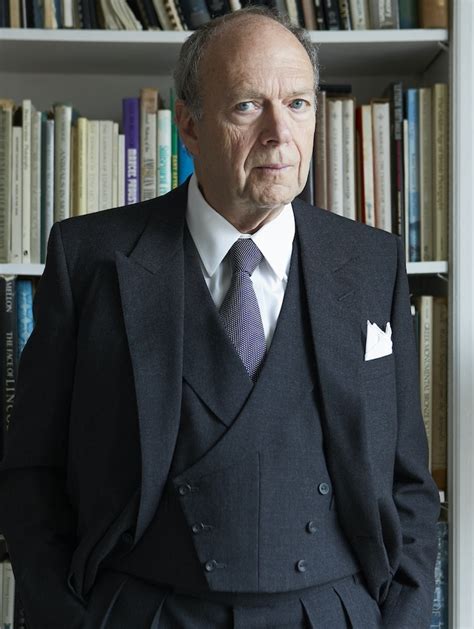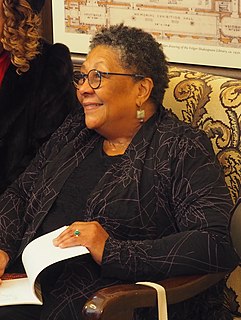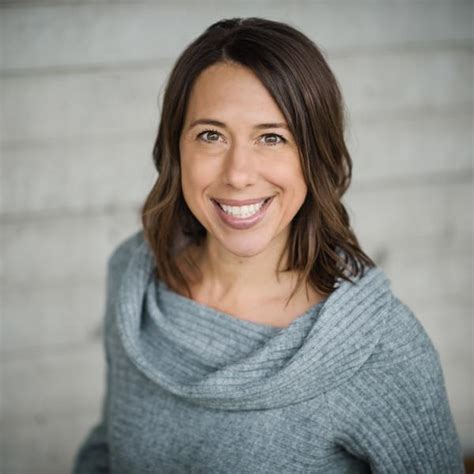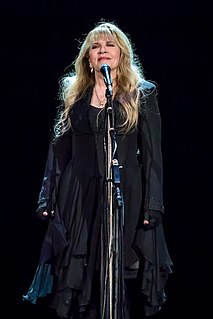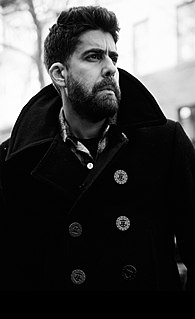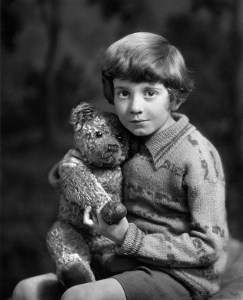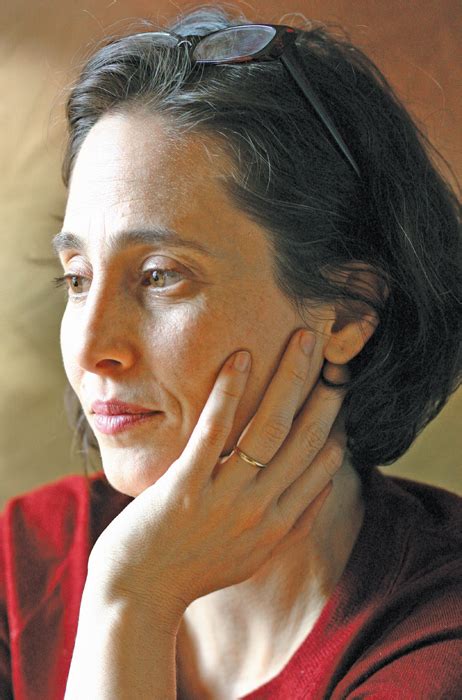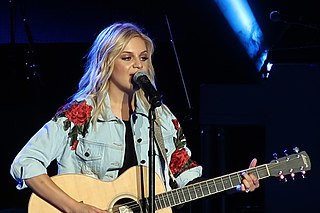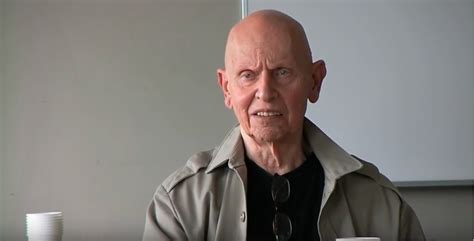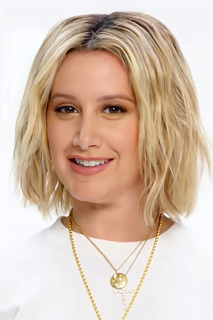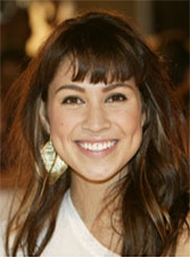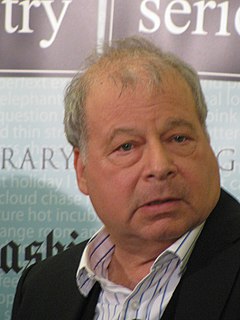Top 1200 Writing Poems Quotes & Sayings - Page 4
Explore popular Writing Poems quotes.
Last updated on April 20, 2025.
I'd worked on a series of Chicken Soup for the Teenage Soul books called The Real Deal for HCI books, which featured essays and poems from teens.Finding the right authors for the series has been no easy feat, mostly because I'm looking for a perfect blend of a teen girl with an interesting story or hook, fantastic writing talent, and the confidence to commit to writing a 30,000+ word book in a matter of months. It's a huge commitment and I recognize that, so the fit has to be there from all these different angles.
Writing objects to the lie that life is small. Writing is a cell of energy. Writing defines itself. Writing draws its viewer in for longer than an instant. Writing exhibits boldness. Writing restores power to exalt, unnerve, shock, and transform us. Writing does not imitate life, it anticipates life.
Robert Frost says in a piece of homely doggerel that he has hoped wisdom could be not only Attic but Laconic, Boeotian even - "at least not systematic"; but how systematically Frostian the worst of his later poems are! His good poems are the best refutation of, the most damning comment on, his bad: his Complete Poems have the air of being able to educate any faithful reader into tearing out a third of the pages, reading a third, and practically wearing out the rest.
I write less about alcohol, less and less and less. You 're an addict - so of course you write about the thing you love most. I loved alcohol the most, loved it more than anybody or anything. That's what I wrote about. And it certainly accounted for some great writing. But it accounted for two or three years of good writing - it would never account for 20 years of good writing. I would have turned into Charles Bukowski. He wrote 10,000 poems and 10 of them were great.
I do feel that now and I feel that this development of recording poems, of speaking poems at readings, of having records of poets, I think this is a wonderful thing. I'm very excited by it. In a sense, there's a return, isn't there, to the old role of the poet, which was to speak to a group of people, to come across.
There is a particular quality of quietude and stillness that suffuses these painterly poems of Carol Ann Davis, so involved with loss, motherhood and the shifting tonalities of light that transform the domestic and ordinary into the strange and extraordinary that, combined with tenderness of address, approach the worshipful and make a number of these poems so moving and distinctive.



